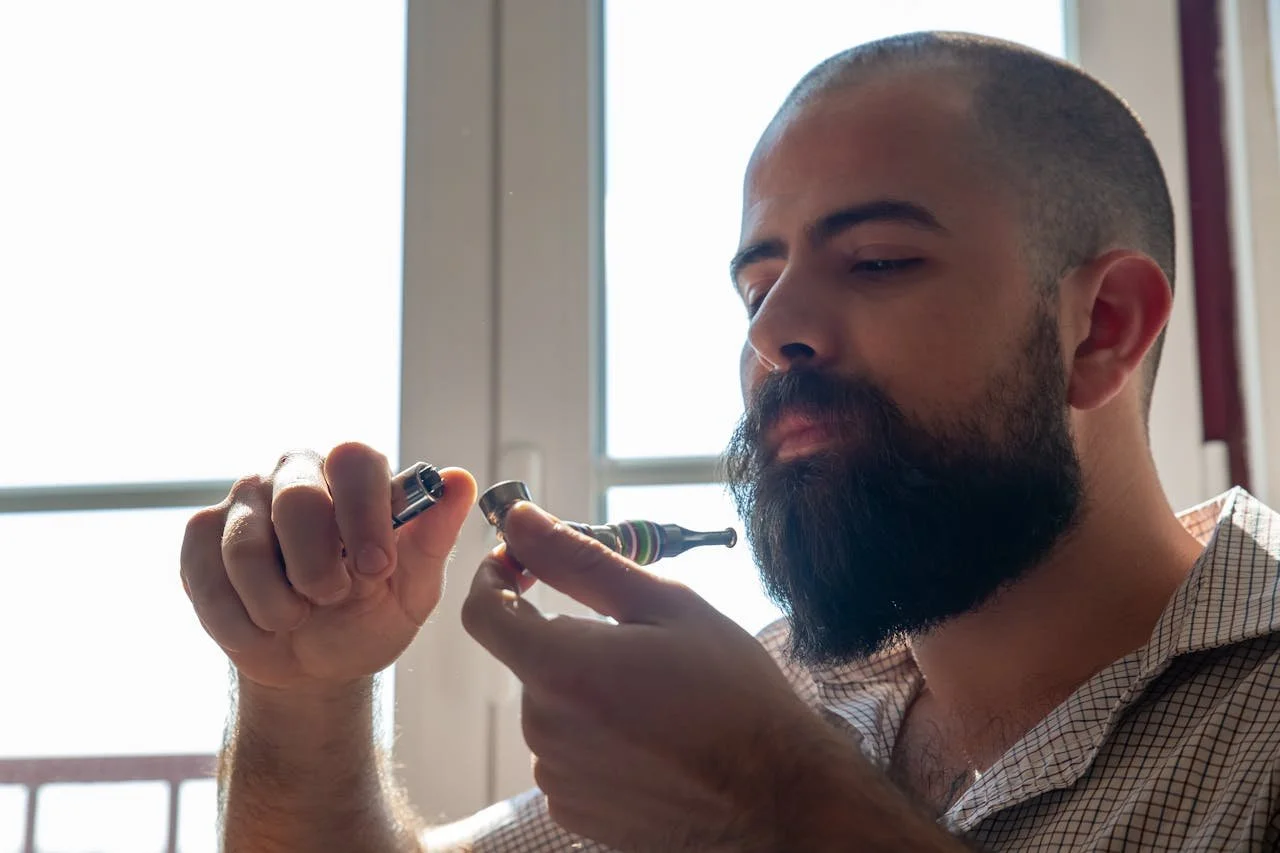Do you often wonder why you seem to get pulled into the net of addictive behaviors? Do you have a history of trauma and wonder why you keep making the same poor decisions over and over again? The explanation may lie in connecting your trauma to your compulsive actions, so please read on.
Trauma and Addictive Behaviors Are Closely Linked
While trauma and addictive behaviors have been in existence for ages and ages, only recently have scientists managed to link the two. We know so much about the world around us, but some mysteries of human behavior have lingered for a long time. It wasn’t until the ACE (Adverse Child Experiences) Survey in the late 1990s that we started to understand the connection between trauma and compulsive actions.
The ACE Survey and Addictive Behaviors
What the ACE Survey found was that people who had been exposed to significant trauma between birth and 18 years of age or a significantly more likely to suffer from health consequences of all kinds, including mental health and addictive behaviors. It was about the same time that brain scans were starting to develop the ability to identify where addictive behaviors took up residence in the brain. This was basically the same location that trauma takes up residence in the brain as well.
Trauma and Addictive Behaviors Are So Commonplace
As we have evolved as humans, we have been indirectly affected by the trauma of our ancestors. One leaning thinker in the matter likes to say we have accumulated at least 1000 years of intergenerational trauma. With this trauma comes the need to medicate it, and of the many substances that have accompanied us through the centuries, alcohol is probably the most prevalent one of choice. It historically can be viewed as “war medicine.“ Not only that, but many other kinds of addictive behaviors can either accompany alcohol, or be used as ways to medicate the effects of trauma.
Addictive Behaviors, Trauma, and the Present
When we fast forward to our present time, we are also beset by many potential sources of trauma. They come within families, within cultures and societies, and in the world at large. We only need to look at the omnipresent threat of nuclear catastrophe, as well as potential climate catastrophe to have an appreciation of potential sources of things that can upset us. It may seem like human nature to shrug your shoulders and think there’s nothing you can do about that situation, which is true to some degree. Like Bono once said ‘I can’t change the world, but I can change the world in me.’ That is where you have the best capacity to take action, as we tend to see the world in the ways we have learned to do that from our ancestors.
The Way to Confront Addictive Behaviors and Trauma
It is very important to understand how you, as well as your family, have been affected by the twin challenges of addictive behaviors and trauma. Most people tend to think they didn’t have it so bad growing up, but no one develops trauma and compulsive behaviors in a vacuum. If you suffer from one of these 2 maladies, then others up and down the line in your family has had them or may have them. They also affect how you see the world, which is where the change needs to start.
Recovery from Trauma and Addictive Behaviors
Since no one contracts either of these twin afflictions in isolation, no one recovers from them in isolation. There are many books on both of these subjects that have come along in the last 25 years, as well as numerous support groups for recovery from addictive behaviors for both those with addiction and and their family members. I’ve been helping my clients recover from trauma and addictions my entire professional career, and I would be happy to talk to you about how I might be able to help you in recovering from one or both of these. I encourage you to call the number at the top of the page, fill out a form below, or click on the button to schedule a free 15-minute phone consultation to find out how I might be able to help. Whatever you do, understand a better life awaits you when you take steps to change your life.
Visit our page on trauma therapy to learn more about how Scott can help you in recovering from trauma and addictive behaviors.
About the author: Scott Kampschaefer, LCSW is a private practice therapist in Frederick, Maryland. He has an extensive background in working with depression, anxiety, and bipolar disorder at a clinic for older adults with these disorders in Austin, Texas. He now works with adults and adolescents 14 and up in private practice. His most recent book is titled The 5 Pillars of Addiction Recovery and is available for purchase on Amazon and in paperback on this website.

